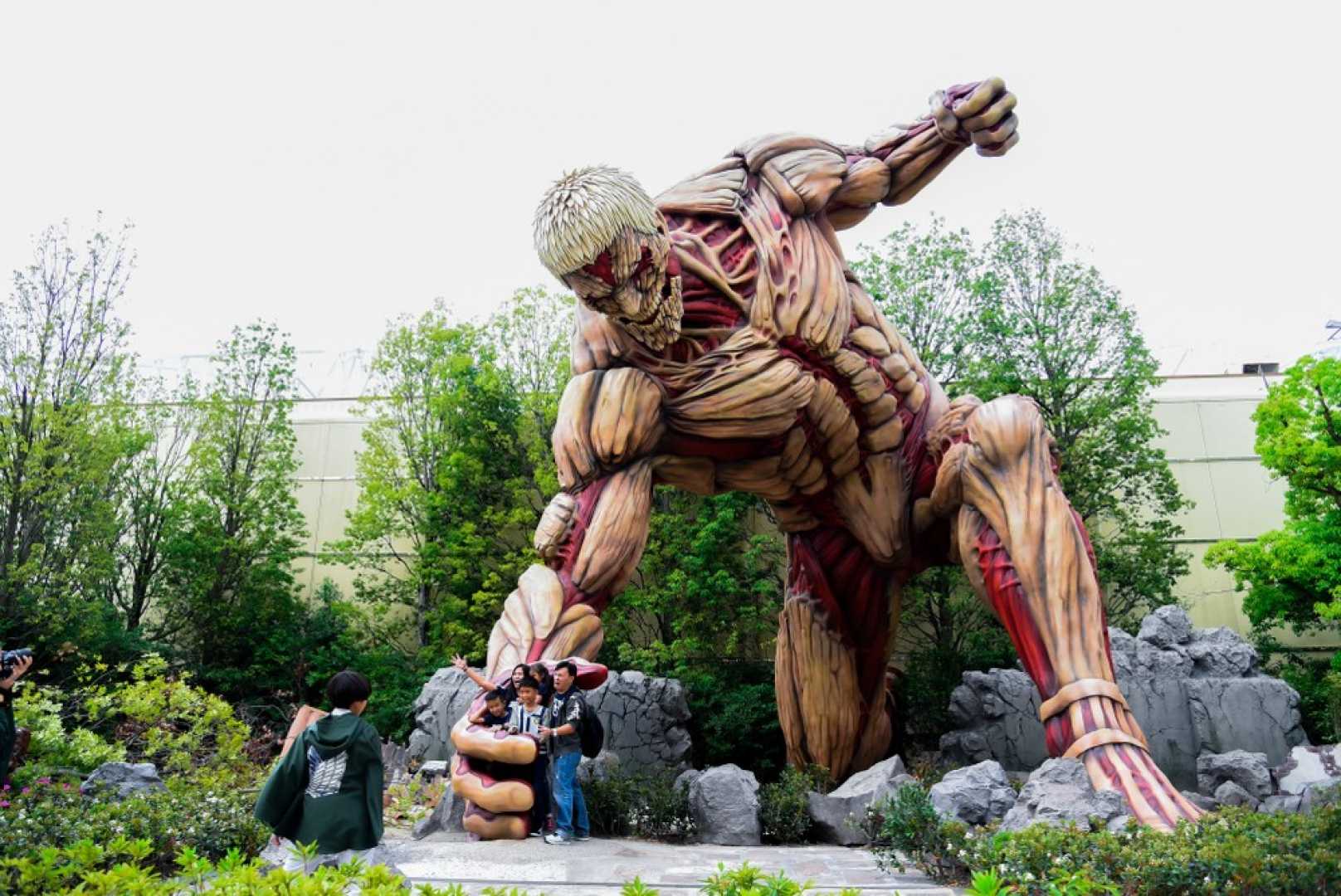Entertainment
Changes in Live-Action Adaptations of ‘Attack on Titan’ Stir Debate

The transition from print and animation to the big screen is always challenging, and the 2015 live-action adaptations of the popular series ‘Attack on Titan‘ are no exception. These movies have recently been a topic of discussion for their notable deviations from the original manga and anime series.
The ‘Attack on Titan’ story, created by Hajime Isayama, is known for its complex narrative and deep character development. However, when these elements were adapted into live-action films directed by Shinji Higuchi, significant changes were made that altered the storyline and character dynamics. One of the most controversial changes was the introduction of an original character, Shikishima, a move that reshaped critical aspects of the source material.
Shikishima was positioned as the most formidable member of the Scout Regiment, effectively replacing key characters such as Levi, Reiner, and the Beast Titan from the anime. In the process, the films omitted significant personalities, which some fans argue compromised the narrative integrity. “The decision not to include Levi was arguably the biggest misstep made by the live-action adaptation,” according to critics.
In the English dub of these films, Shikishima was voiced by Jason Liebrecht, who also provided the voice for the Beast Titan/Zeke in the anime, establishing an interesting crossover, albeit through a vastly different character trajectory.
Furthermore, the movies presented Shikishima as Eren Yeager’s older brother, consolidating roles that were distinct and complex in Isayama’s original work. This amalgamation not only altered character history but also changed relational dynamics, such as a past relationship with Mikasa, thereby deviating from established plotlines.
Adding to the deviations, the Colossal Titan in the films was depicted as the director of the Military Police, diverging from its origin in the manga. This shake-up in roles saw Shikishima, the ultimate antagonist, pushing for the wall breach to force government action against Titans.
Despite the films’ efforts to capture the essence of ‘Attack on Titan,’ they were unable to fulfill the intricate storytelling that the manga and anime conveyed over many episodes. Critics suggest that any future live-action adaptation should consider adopting a serialized format, potentially drawing inspiration from successful TV adaptations like ‘Game of Thrones.’
The importance of faithful adaptations for complex stories like ‘Attack on Titan’ cannot be understated, as evidenced by the continued dialogue surrounding the 2015 films, especially with Hollywood’s growing interest in adapting anime into live-action formats.












